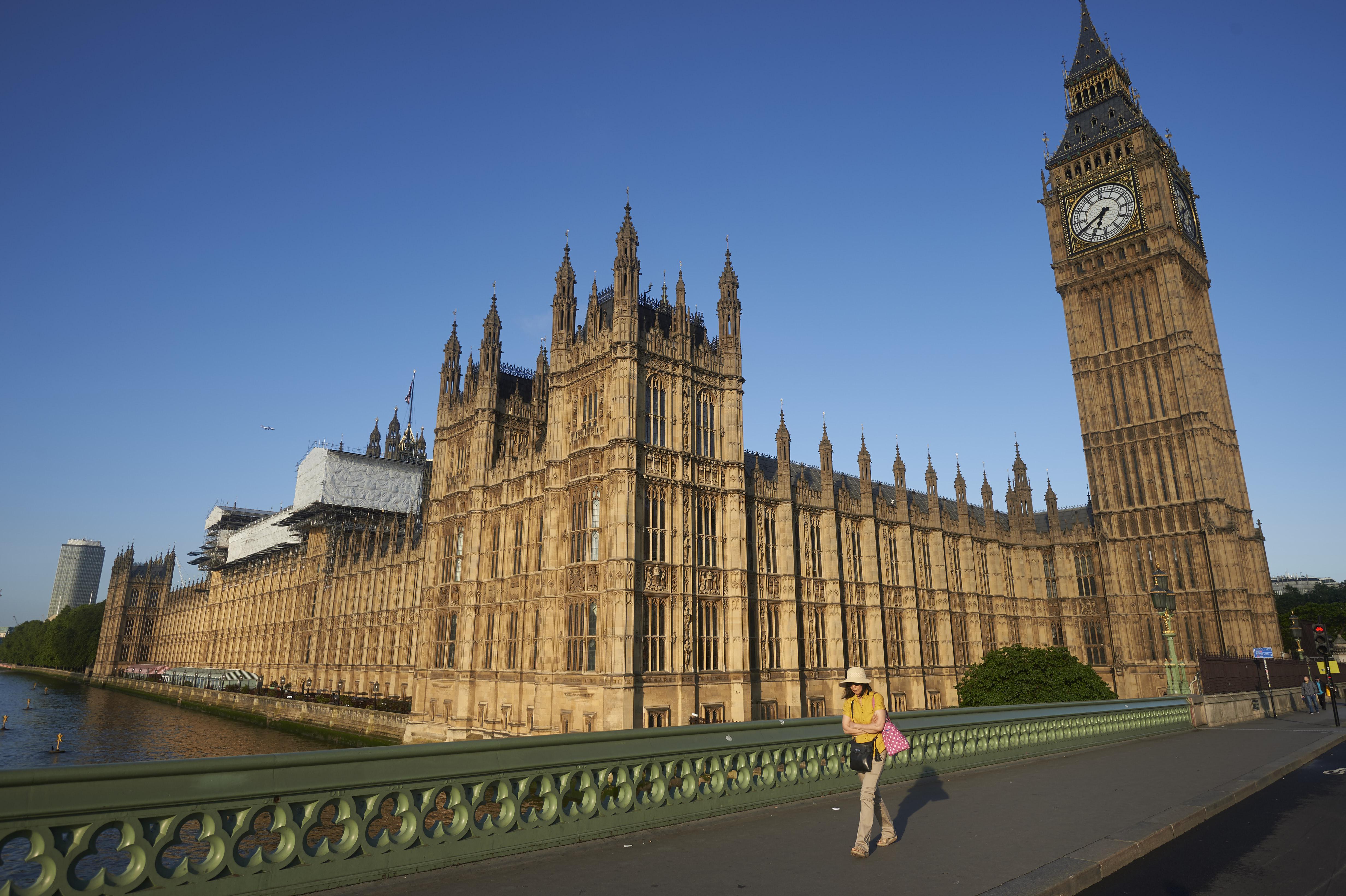Given the misogyny and racism on display at the Republican National Convention right now, it is somewhat surprising to see governing bodies still interested in presenting forward-looking, inclusive ideas. On Wednesday, Bristol University professor Sarah Childs presented a report called “The Good Parliament” to the House of Commons. Childs had spent months interviewing and consulting with members of Parliament and their staffers in the aim of figuring out ways to make Parliament more diverse and welcoming to women and minorities. In her Wednesday address of Parliament, Childs said, “As we welcome the second female prime minister, we must not forget that Parliament itself remains far from diverse and inclusive. … Parliament needs to accept its responsibility to ensure a diverse composition of MPs and that present members are able to equally participate.” The report presents 43 recommendations which address three dimensions of “the diversity sensitive Parliament”: equality of participation (diversity among MPs and leadership positions), Parliamentary infrastructure (the physical and organizational structures of Parliament), and Commons culture (the customs and habits of MPs).
The recommendations addressing infrastructure are the easiest to implement, and will, hopefully, receive the least backlash. For instance, the report promotes “unisex/gender neutral toilets” because failing to provide them “will limit who can visit, participate in the formal activities of, and work in Parliament.” This seemingly minor change could make it much easier for mothers with sons, fathers with daughters, transgender individuals, and those with aging parents to more easily participate in Parliament. The report also recommends allowing infants in the Chamber of the House, which would allow mothers to breastfeed at work. “In addition to allowing Members to carry out their representative functions, permitting entry to infants would have symbolic benefits—showcasing the Commons as a role-model parent-friendly institution,” Childs writes.
As is stands, women make up only 29.4 percent of the House of Commons. Childs’ report suggests establishing quotas for female MPs and female reporters—a recommendation that will likely be controversial and difficult to implement. Another proposal along those lines is to “prohibit single-sex/gender select committees, and encourage political parties to be mindful of wider representativeness in the election of members to committees.” Childs recommends mandating the election of at least one man and one woman to each committee when there’s more than one opening at a time—a small step to prevent gender discrimination that will nonetheless probably draw criticism for being undemocratic.
John Bercow, the Speaker of the House of Commons, has convened the Commons Reference Group on Representation and Inclusion to examine the report and evaluate the feasibility of moving forward with its recommendations. Bercow has anticipated some controversy, saying that “not everyone will agree with every recommendation or suggested outcome, which is a condition of an independent report, but I am confident that my colleagues on the Commons Reference Group will scrutinize its contents very closely with a view to taking on board a good number of its suggestions.” Even though it will be months before any changes are made, simply having such a progressive proposal introduced to the historically white-male-dominated governing body is a step in the right direction—one that American progressives will envy.
